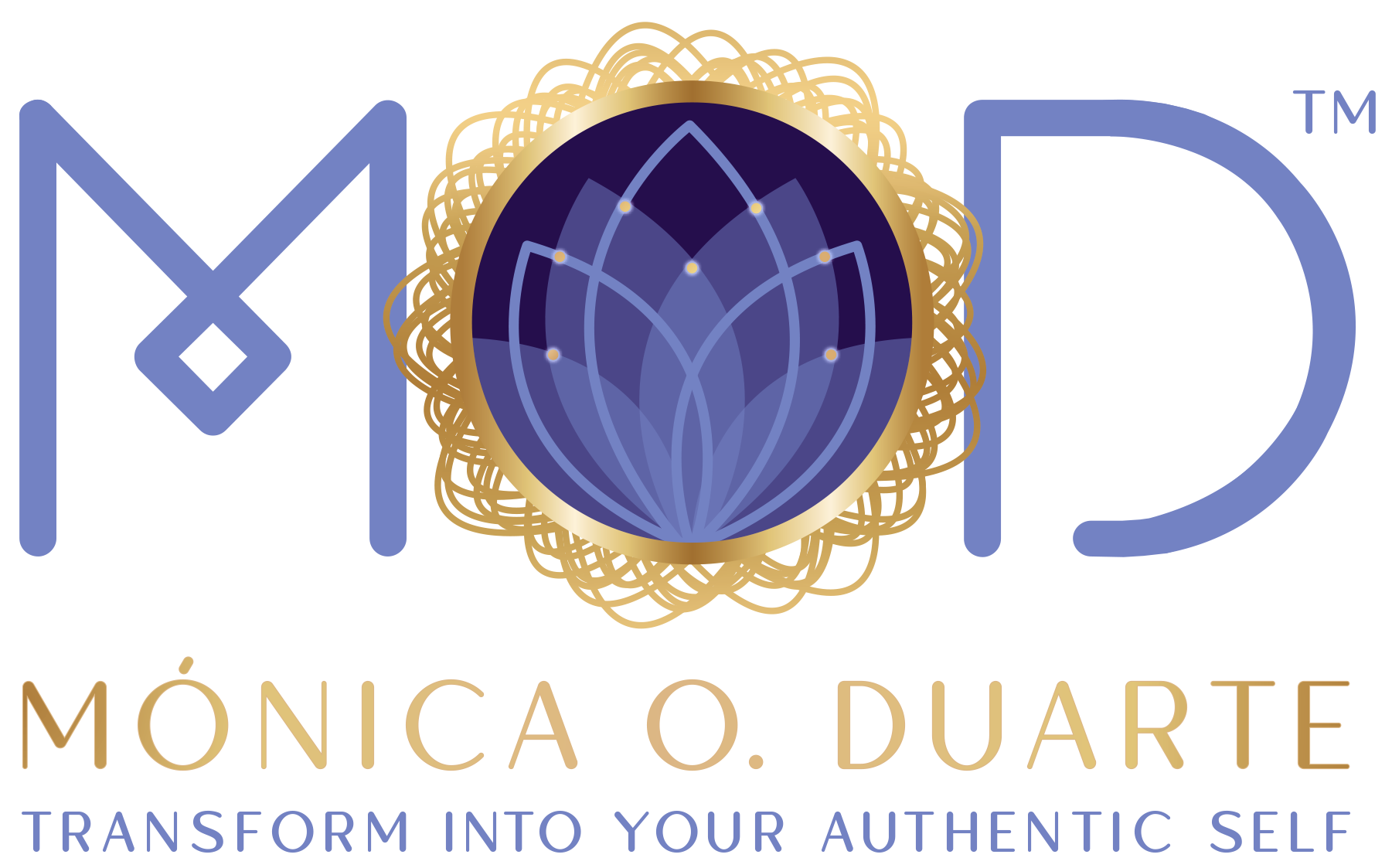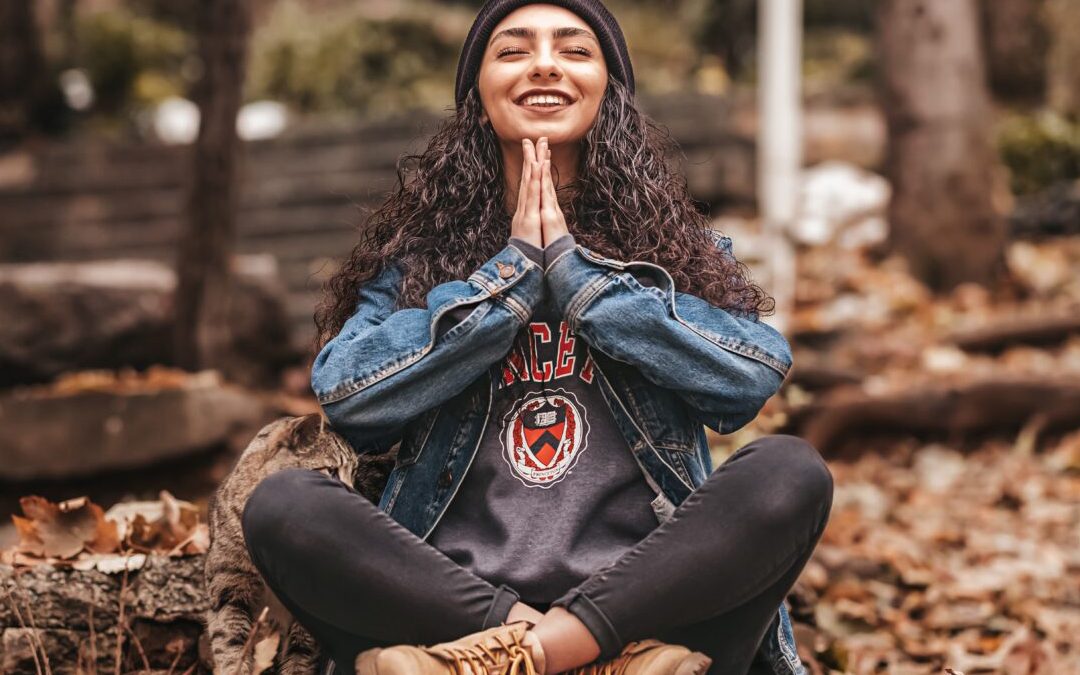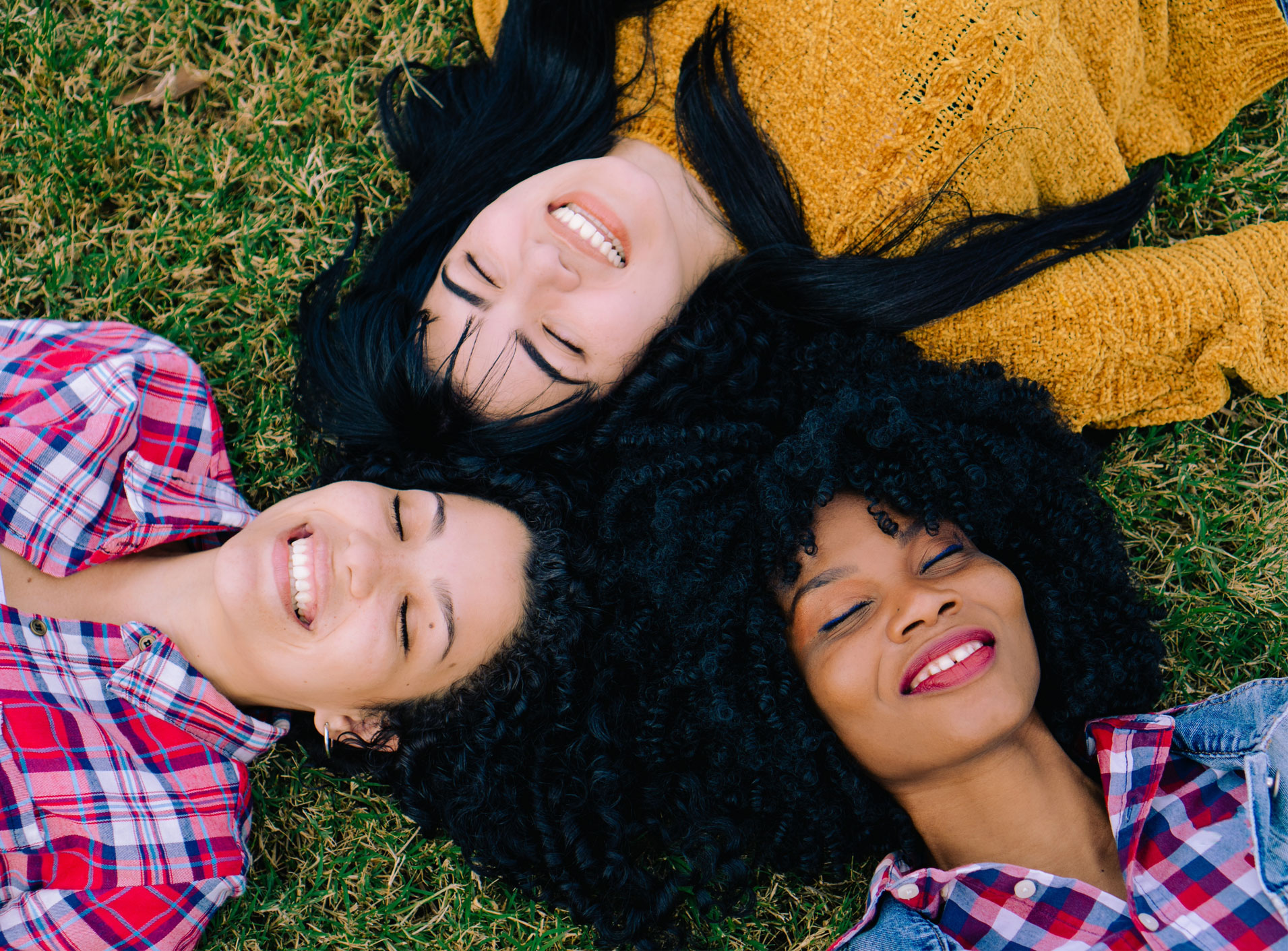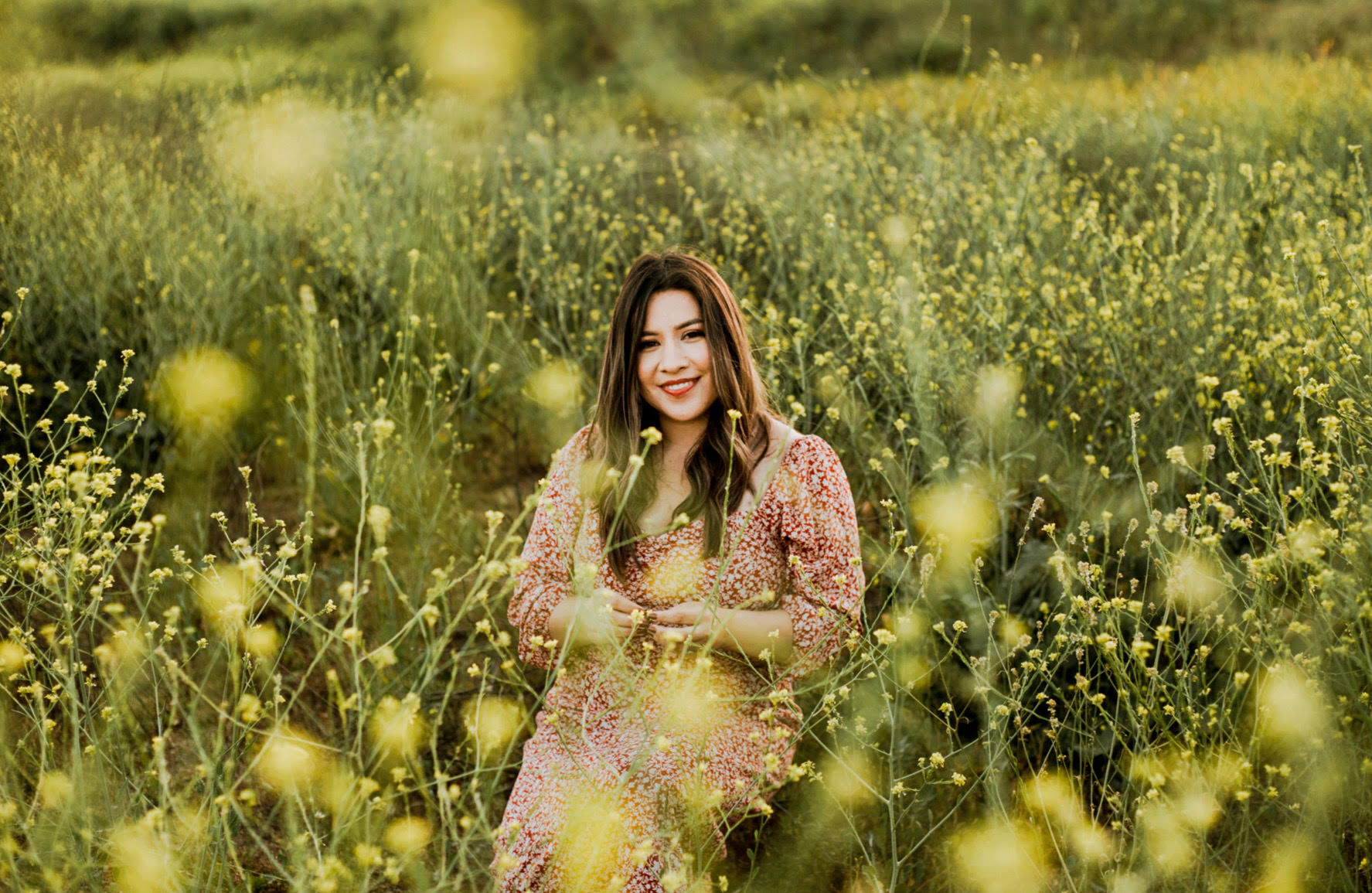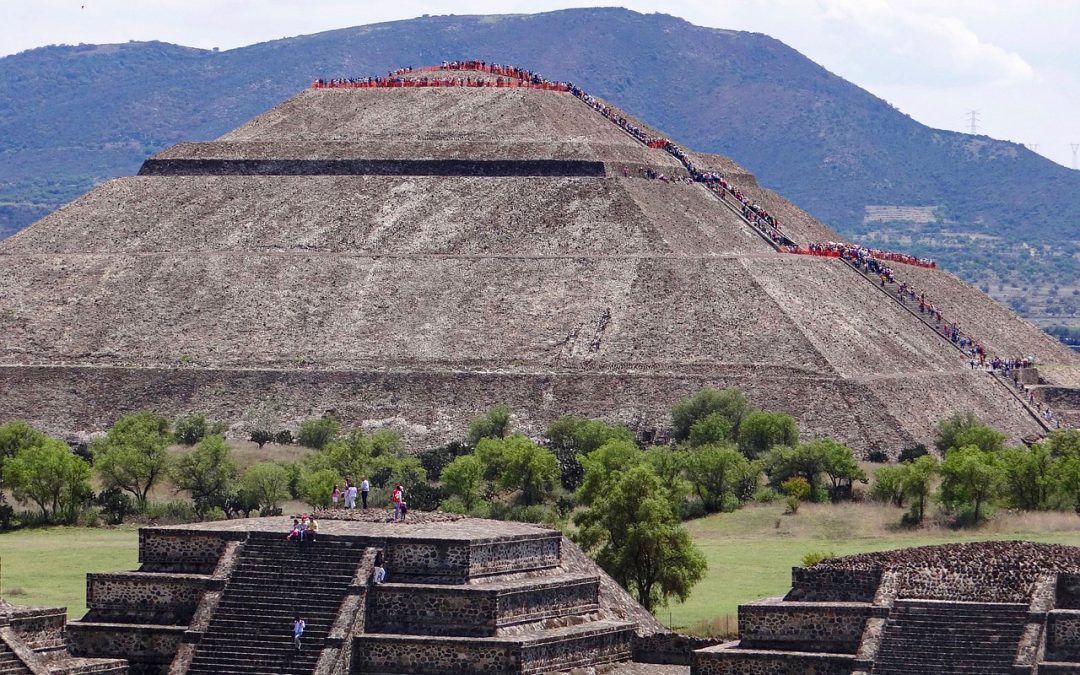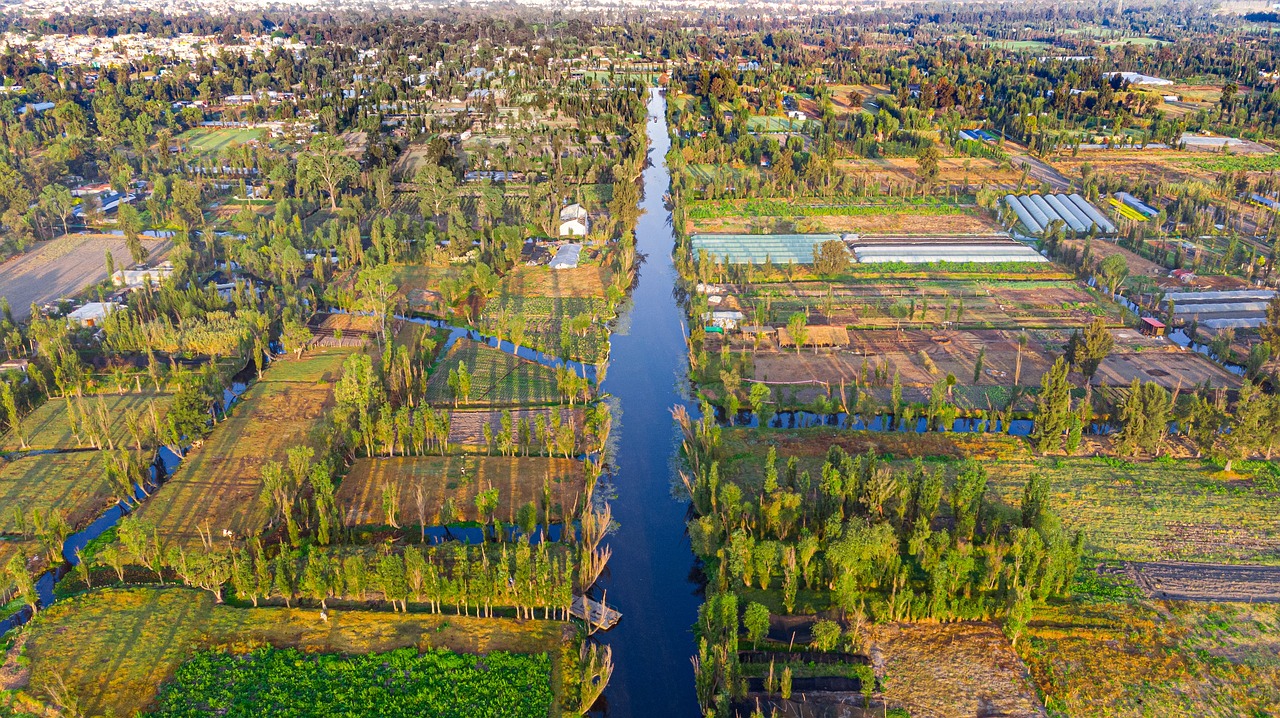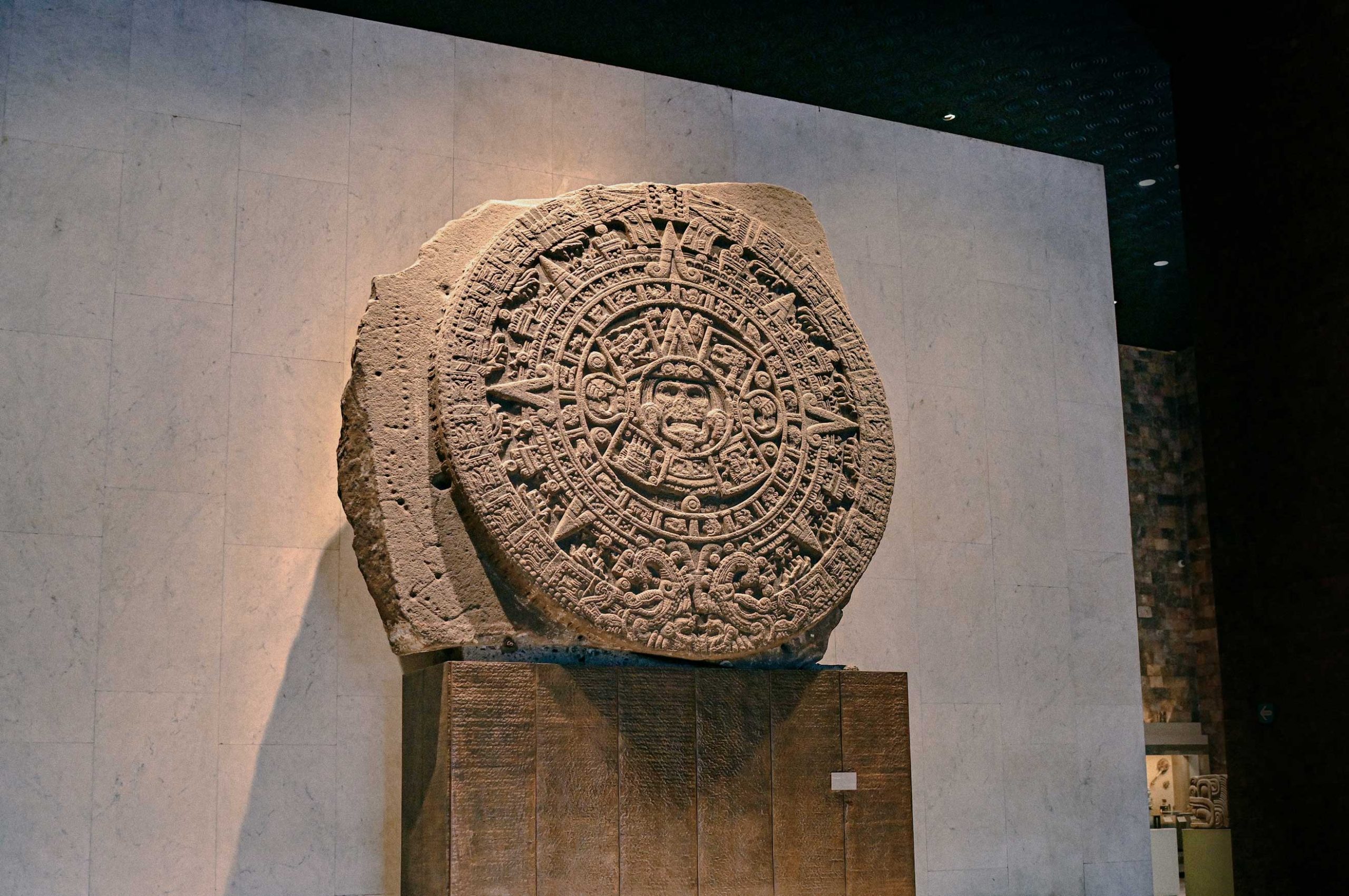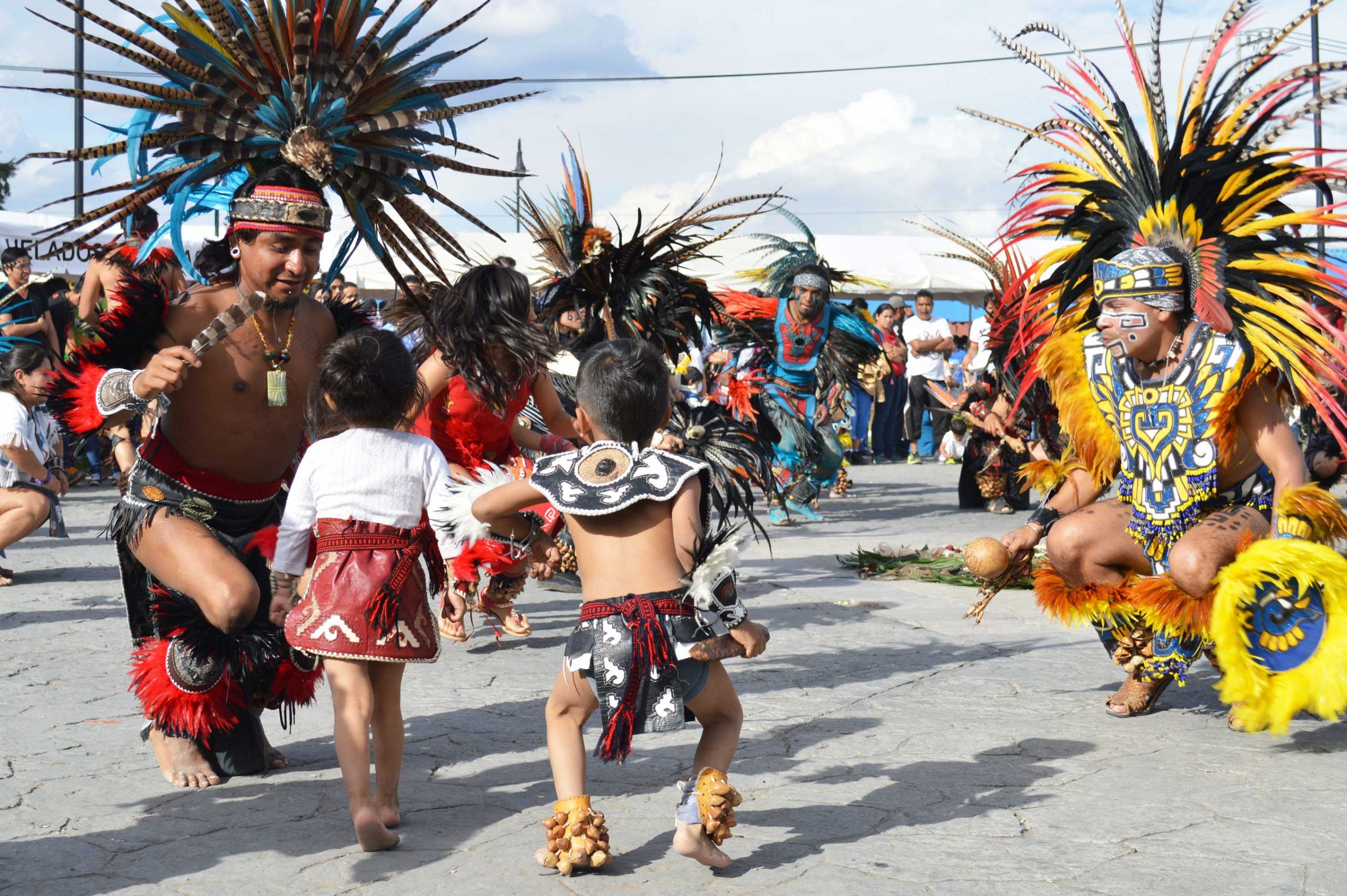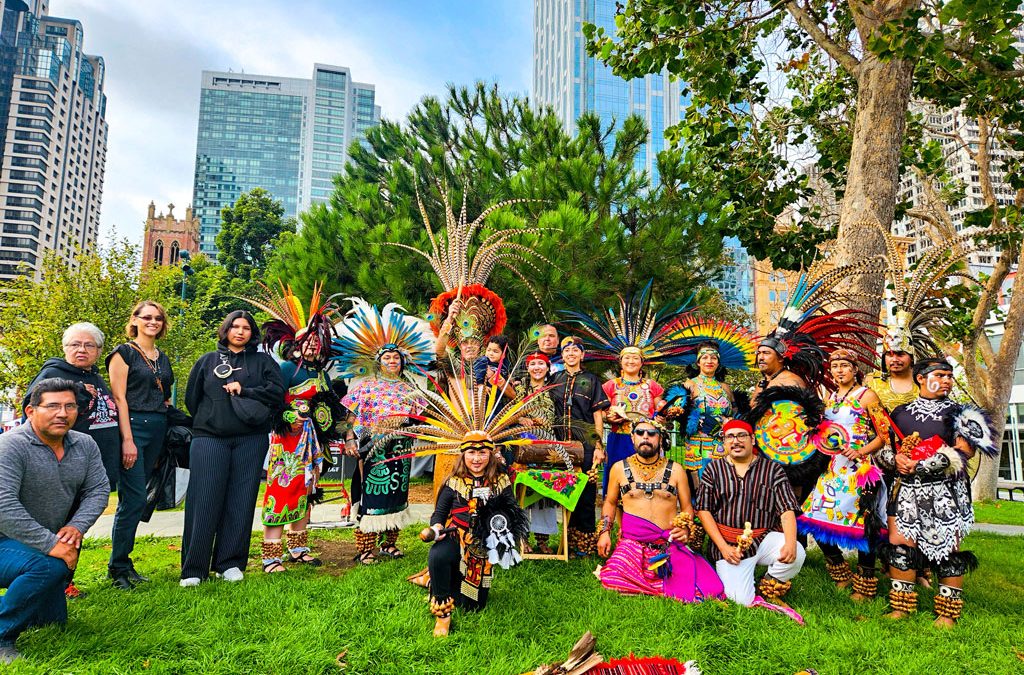
Reconnecting to My Indigenous Roots as a Latina
The Impacts of Colonization on Our Indigenous Roots
Being Mexican in the U.S. can feel challenging and confusing. If we’re born in the U.S., our community doesn’t fully recognize us as Mexican. Even for those born in Mexico but brought to the U.S. as children – we’re not considered Mexican enough in our community. There’s a saying I grew up with, “no eres ni de aquí ó de allá,” which translates to, “ you are neither from here nor from there.” Many Mexicans and Latinos face this struggle daily. When we move to the U.S., we must learn to assimilate to survive. In doing this, we give up parts of our identity and culture as Mexicans and Latinos. In the eyes of our community, this makes us less Latinos. This country still does not fully accept us, no matter what we do. These struggles create an identity crisis that makes it difficult to know who we are and how to navigate the world. The identity crisis is much deeper than most people realize.
Our identity crisis didn’t start here in the U.S. Our identity crisis has strong roots that go back to colonization. It is well known that most Latinos are at least 50% indigenous. Yet, due to colonization’s impacts, most of us didn’t grow up learning about and embracing our indigenous roots. To add to this, the impacts of colorism have made it challenging for many of us to want to reconnect. We live in a system that teaches us that the more indigenous you look, the less value you have as a human being. Historically, the invading Europeans brought about this phenomenon. As a result, we feel ashamed of who we are, so we assimilate for a sense of belonging. Our sense of personal identity and self-esteem is negatively affected as we assimilate to look and act more Caucasian.
The Process Of Embracing My Indigenous Roots As
A Latina
My life has taught me these harsh lessons. As a child, I was made fun of for my brown skin by other white Latino and Caucasian kids. My brown skin is one feature that connects me to my indigenous ancestors. But my feelings of shame made me unconsciously assimilate into the Caucasian culture. When I looked at myself in the mirror, I didn’t like the indigenous features I had. They didn’t make me feel pretty.
It wasn’t until I started to do the healing work that I felt a strong pull to learn more about my indigenous roots. I even took an Ancestral Lineage Healing class with Dr. Daniel Foor to help me reconnect to my indigenous roots. During my reconnection process, I realized that many of the qualities I possess as a woman and a human being were qualities and gifts passed down to me by my indigenous ancestors. Here are a few:
- As a child, I felt very different from everyone else in my family because I was spiritually oriented. It wasn’t until I reconnected to my indigenous roots that I realized I was this way because of my indigenous ancestors. Being spiritual was natural to them and part of their culture.
- In my family, I was the creative one. I was so creative that my family and Latino community made fun of me as a teenager because I would express my creativity in various art forms. They labeled me as the weird one. During my ancestral healing work, I learned my creativity was a gift passed down to me by my indigenous ancestors too.
- I have also questioned the world and wondered why things were the way they were since childhood. I saw the suffering in the world, and it was difficult for me to comprehend why people would hurt one another. I believed that life could be different and that we could be kinder to each other if we wanted to. It made me feel like an alien trapped in an unfamiliar world. During my reconnection process, I learned that my indigenous ancestors felt similarly. They saw the world and humanity form a holistic and kinder place and acted accordingly.
- I also realized that my indigenous ancestors looked like me! I felt a sense of belonging once I recognized this. I realized, for the first time in my life, that the features on my face resemble those of my indigenous ancestors. It made me feel beautiful and proud of who I am.
Going through this healing process helped me feel a real sense of identity. It helped me understand how connected I was to my indigenous ancestors and how deep my roots were to them and this land. I remember one day, as I was taking a stroll in the park, feeling proud of who I was. I realized I no longer had to be ashamed of who I was or where I come from.
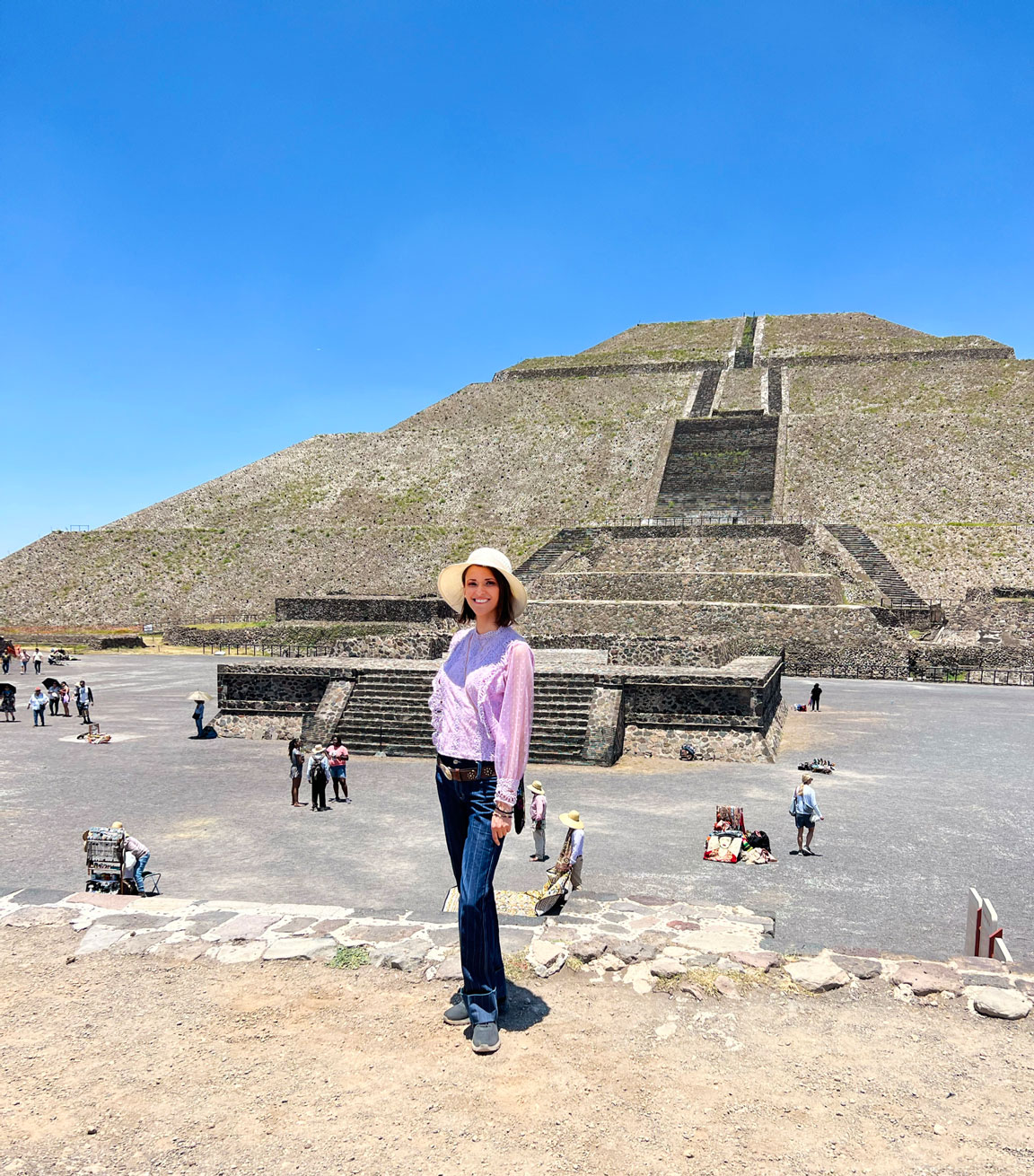
The Power Of Owning Our Indigenous Roots As Latinos
The most peculiar thing also started to happen. For the first time in my life, when I looked at Caucasian folks, I recognized them as immigrants. They were born into privilege, and I saw how colonization affected this privilege. I was taught subconsciously as a child that their lives were easier because they were better than mine. The reality is, their lives were easier because that’s the way the system was set up. Many of them would not get very far if they had to go through the struggles I have gone through as a Mexican, brown, and indigenous woman. Recognizing this also helped me see how courageous and strong I am. I learned I possessed my courage and resilience because of my indigenous ancestors. It’s who they are. They are who I am.
I strongly encourage all Latinos with indigenous roots to reconnect with them respectfully. When you do, you will feel a true sense of identity and belonging in this world. We can heal the harm colonization has caused our indigenous ancestors and ourselves by reclaiming our power. It’s possible to transform the racist system through this process to address more than 500 years of oppression. We’ll no longer have to try to assimilate to be respected and valued as human beings. There is true power when you know yourself and show up in the world as your true self. Connecting to our true selves means removing all the garbage the world has imposed on us about ourselves. We can truly free ourselves if we decolonize our minds and reconnect with our indigenous roots.
Article originally published in Epifania Magazine on February 27, 2023
